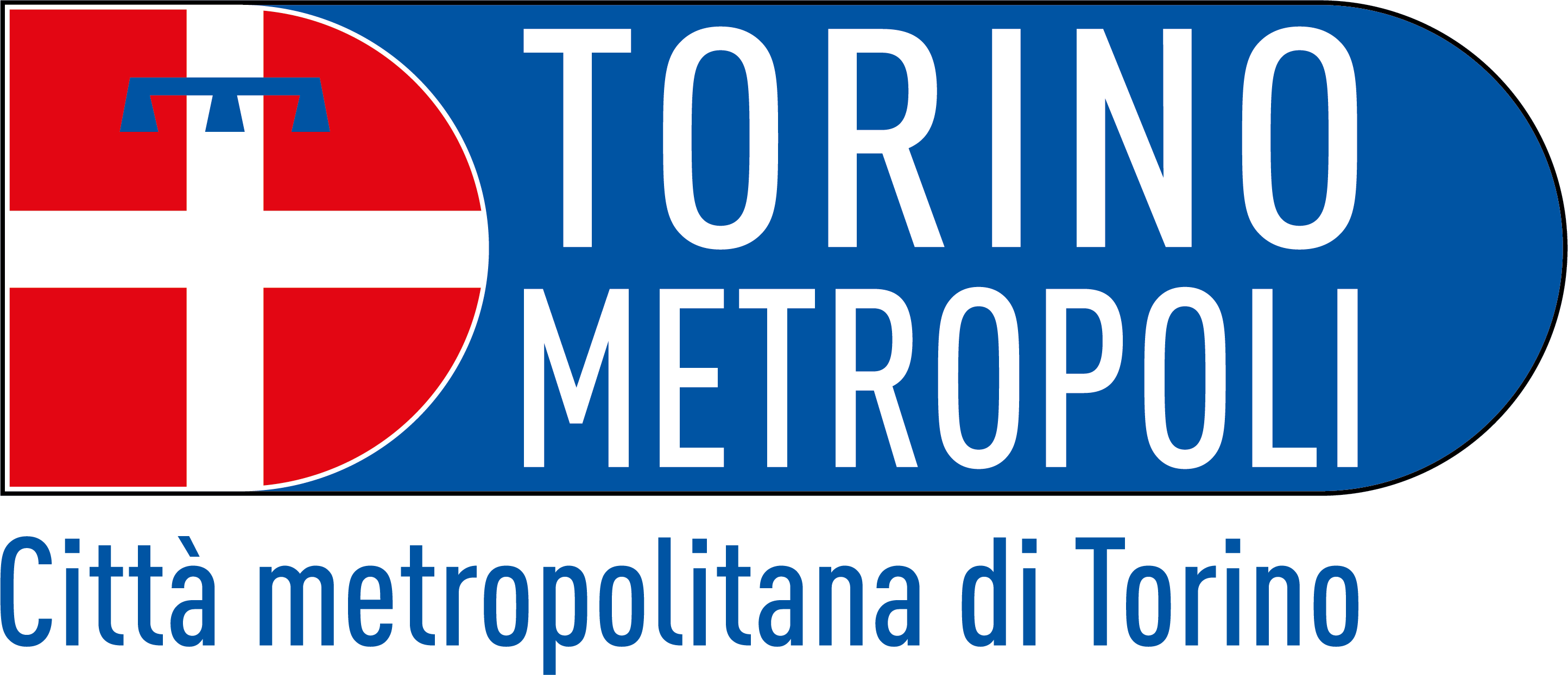In the framework of the Ninth Environment for Europe Ministerial Conference, organized by the UNECE, United Nations Economic Commission for Europe and held Oct. 5-7 in Nicosia (Cyprus), the Interest Group on Environment and Tourism (IGET) [1] organized an event titled "EUROPEAN SUSTAINABLE TOURISM AND CIRCULAR ECONOMY: Shifting tourism toward circular economy models", which was attended by the Higher Institute for Environmental Protection and Research (ISPRA), the European Environment Agency (EEA), the Statistical Office of the European Union (EUROSTAT), and the World Tourism Organization (UNWTO), among many guests.
During the event, IGET presented its Report on Sustainable Tourism and the Circular Economy in Europe.
The Report points out that while the application of circular economy principles is clear in the manufacturing sector, it remains to be identified how to apply them to service sectors such as tourism.
Indeed, given the linkages between the tourism sector and so many other sectors, the circular approach remains very complex to apply. Nevertheless, the Report points out that because of these many connections, the tourism sector could become an important driver for the application of circular economy principles in other economic sectors as well.
In particular, it highlights how the tourism sector has relevant impacts especially with reference to four specific spheres of activity: energy use, mobility, water use, and waste generation. Regarding this last point, IGET points out the need for territories with a strong tourist vocation to implement effective strategies for the prevention of waste production. In fact, waste production in such territories is strongly influenced by seasonality: in such a situation, tourism activities therefore risk overburdening the infrastructure used for waste management, leading to substantial negative environmental impacts. Innovating tourism activities with a view to reducing waste generation is therefore essential.
The Report also provides examples of national initiatives aimed at transitioning to circular tourism. These include two Italian experiences:
-
The BARGAIN project, which aims to combine the needs of beach enjoyment with the preservation of coastal ecosystems in a pilot model of an "ecological beach" on the coasts of Lazio
-
INCIRCLE project, an Interreg project developed among several Mediterranean localities with the aim of sharing knowledge, tools, methods and good practices already acquired in the field of circular economy applied to the tourism sector
In summary, the paper provides important pointers for promoting resilience and sustainability in tourism, emphasizing how environmental resources can be used more carefully to aid the recovery of this sector, which has been severely affected by the recent pandemic.
Finally, the report compiled by IGET proposes seven principles for monitoring the transition to a circular economy in the tourism sector:
- Oversee the transition
- Define transition indicators, such as socio-economic indicators
- Follow the indicators, to define criteria for action
- Refer to data on the topic and information from official sources
- Monitor transition changes on all levels of the economy
- Monitor the achievement of goals
- Increase the promotion and visibility of the circular economy
These seven objectives aim to measure and monitor circularity in the tourism sector, verifying that it is actually being applied in the optimal ways.
Giacomo Pace
Notes
[1] The IGET is one of the Interest Groups part of the EPA Network, Network of the Heads of European Environmental Protection Agencies, dedicated to gathering useful knowledge aimed at discussing and addressing issues related to the environment. In particular, IGET , established in 2021 in response to the COVID-19 pandemic, is concerned with ensuring that environmental protection is prioritized in all aspects pertaining to the tourism sector, from policies to projects.
